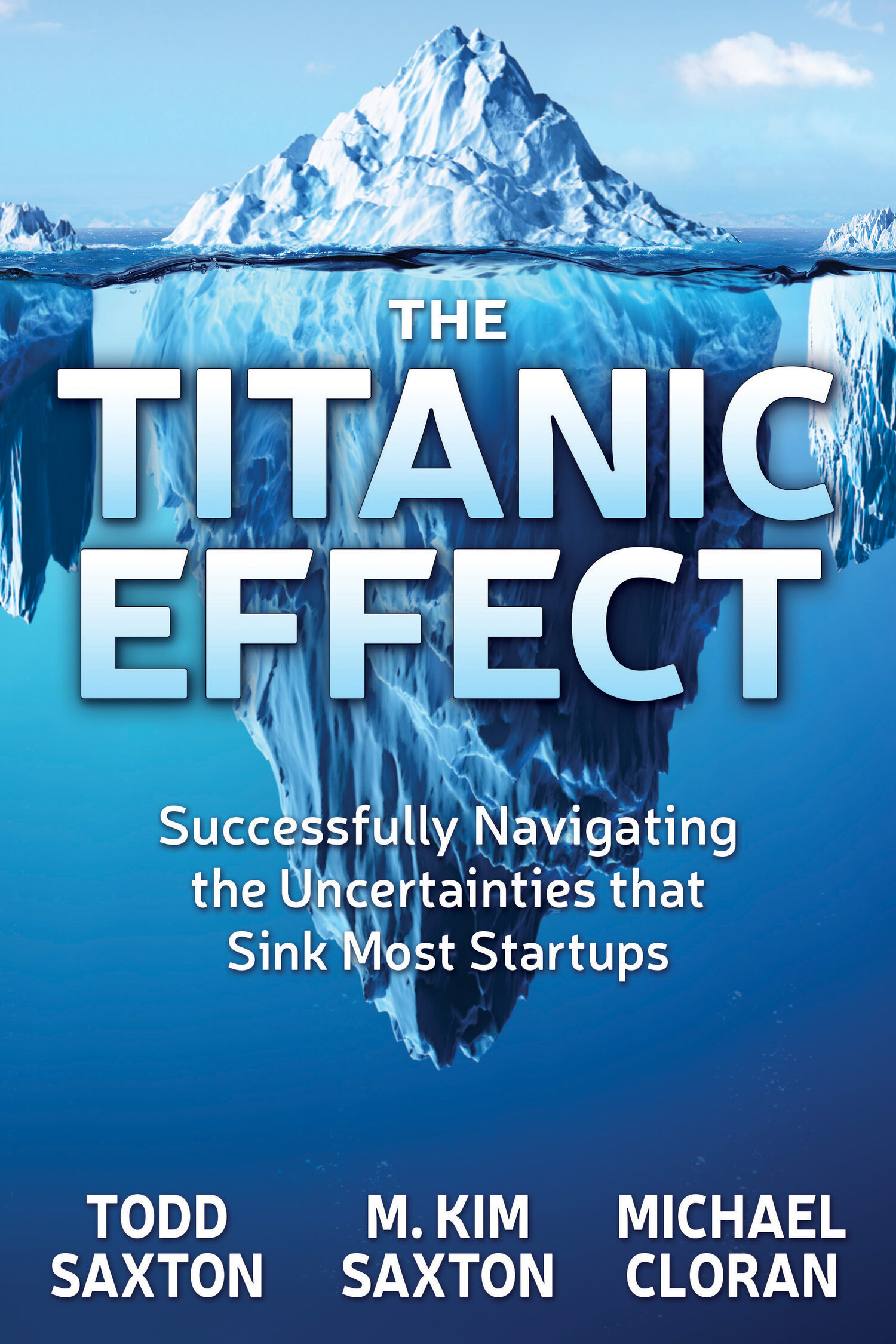It’s clear that startups cannot “go it alone.” First, a founder needs to be coachable - learn more about coachability at our previous blogpost on Foundersplaining. They need supporters to help them get connected to employees, customers and investors. If you want to understand more about how and why supporters (we call them venture advocates) help startups, check out our academic article – Venture Advocate Behaviors and the Emerging Enterprise.
The natural roles most startups look to fill are the founding team and maybe some early investors. Sometimes, though, they overlook the importance of advisors. Advisors are different from investors although they are sometimes thought of as the same. And, investors typically do offer a lot of advice. But, a startup also needs to recruit advisors to help navigate their uncertainties.
Advisors can be formal or informal. At first, they are likely to be informal. Over time as the startup grows, they may become more formal. At some point, you might even invite them to join an advisory board. Find out how to set up an advisory board for your startup at Mark Suster’s Both Sides of the Table – Who Should be On Your Startup Board blogpost.
The key actions of advisors are to help the team overcome obstacles, connect with customers and funding sources, and provide other invaluable guidance and feedback. However, advisors are not a one-way street for dollars and advice. They can also be a drain, a source of major hidden debts that can constrain future growth, flexibility, and action. So here’s what you want to look for in advisors:
Knowledge about the market you want to be in. Your startup is going to encounter bumps. You want to have people who know how to get you over those bumps in this market.
Startup experience.You want a sounding board that knows what you are going through.
Different knowledge from you. It’s so easy to surround yourself with people who are just like you. Try to find advisors who can bring diversity to your decision making.
Responsiveness without interference. You want to make sure they’ll be there for you without forcing you to do what they want. They are advisors. You are the doer. It can be tough to find this balance, though.
Potential to invest.Advisors don’t have to be investors. But it would not be a bad thing for them to invest once they get to know what you are doing. So if you are choosing between two people with similar capabilities and skills, then pick the one who could invest later.
Find wise advisors…
There is an old adage in startup world—if you want advice, ask for money; if you want money, ask for advice. We know it’s scary to ask people to help you. But you need help. The more help you get, the stronger your startup will be. So don’t wait too long to find your go-to advisors. And don’t feel you have to give equity to your advisors. The best advisors are the ones who will talk to you for free. If you develop a robust relationship over time and you want to thank them, consider it then. If they ask for equity upfront, they are not looking out for your best interests.
Have you already found a great advisor? Give them a shout out in the comments below. Then, add June 12th to your calendar and register for our book launch event– you’ll learn more about how to avoid startup failure, hear iceberg stories from local startup founders, and help us celebrate The Titanic Effect is finally available in print!


